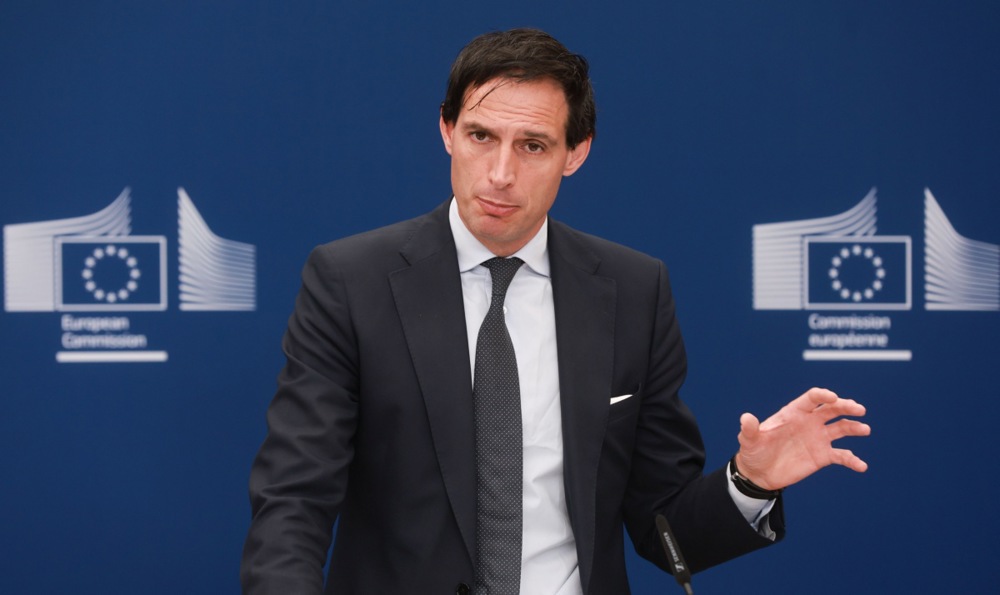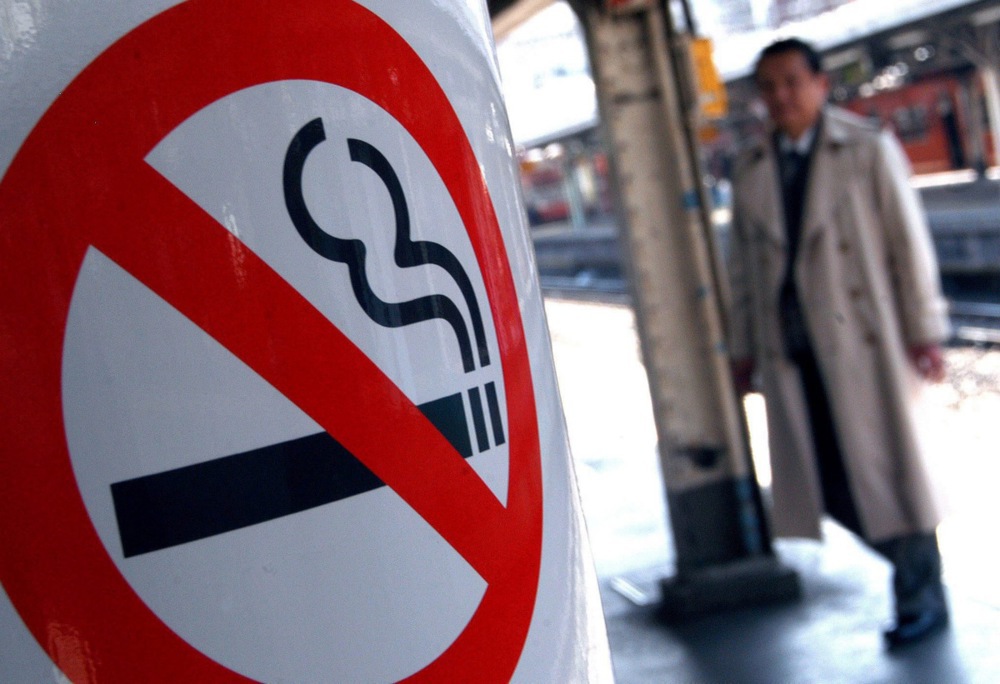The European Union’s long-awaited review of the Tobacco Products Directive (TPD) is now expected to conclude in mid-2026, yet another delay in one of the bloc’s most contentious health programmes.
While originally set for 2025, an update, buried in the annex of the European Commission’s latest annual activity report issued in late March, revealed that the new timeline was set a year extra down the line.
It attributed the delay to “the complexity of the task and the need to collect additional data”.
The evaluation, which has been effectively at a standstill since 2023, was critical to updating EU tobacco regulation.
While the current tobacco legislation was regarded as outdated, European countries are split about the desired approach to tobacco.
The tobacco industry and some experts have repeatedly warned that tax hikes could backfire by driving consumers toward the black market and cutting into national tax revenues.
Some health activists, though, have called for a clampdown on smoking tobacco and all its derivatives.
Countries including Sweden and Greece have been highly successful using novel strategies focusing on harm reduction and giving more space for smoke-free alternatives or heated tobacco.
Brussels, though, wanted to introduce price hikes across the board, also targeting alternatives with high taxes. It claimed those products served as a gateway to smoking tobacco and also made people addicted and dependent, with a particular emphasis on underage users.
EC also wants to keep the new tax revenues for itself.
On July 8, Swedish finance Minister Elisabeth Svantesson came out aggressively against Brussels’ proposed new Tobacco Tax Directive, calling it “completely unacceptable”.
The EC reportedly wanted to introduce tax increases on tobacco and alternative products such as e-cigarettes, nicotine pouches, vapes and heated tobacco. Revenues of these taxes would be redirected to its own budget.
On July 16, the EC is expected to discuss the Excise Duty Directive (TED) proposal as part of the Multiannual Financial Framework (MFF) talks, the blueprint for the EU’s next seven-year budget, at a high-level College of Commissioners meeting.
Projected revenues of the revision reportedly could reach up to €15 billion revenue for the EU annually.
EC officials have suggested that part of this revenue could be used to bolster the EU’s “own resources,” helping to fill gaps in the bloc’s long-term budget.
Climate Action Commissioner Wopke Hoekstra was reportedly among those backing this approach.
Several member states, including Italy, Greece and Romania, have opposed a TED revision outright, citing concerns about national budget impacts.
Some EU governments are also reluctant to channel tobacco tax revenues to Brussels, as such levies were key components of their domestic budgets.




